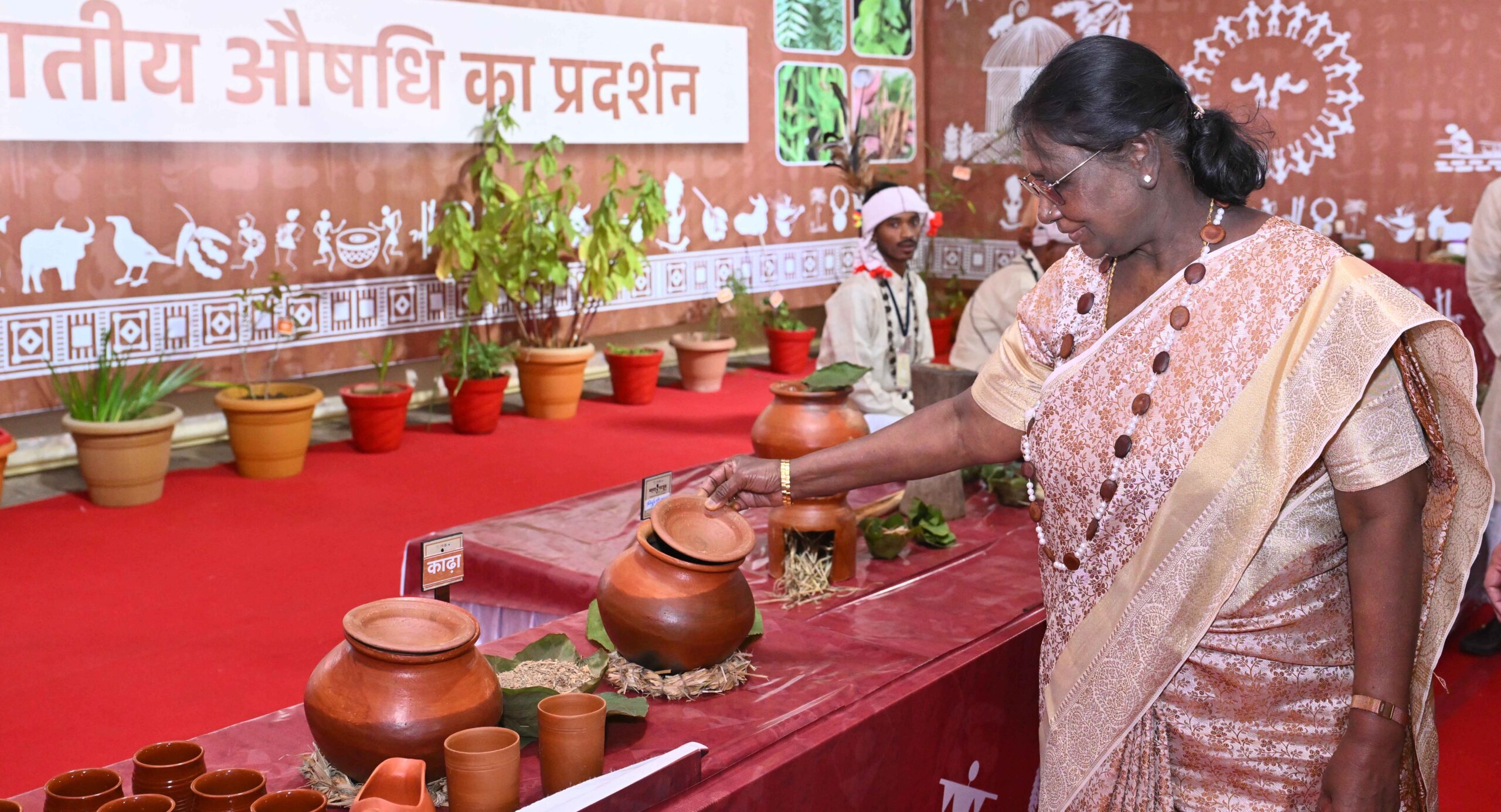Indian Scientists Develop Flexible, Safe, and Eco-Friendly Aluminum-Based Battery

Flexible Aqueous Aluminum-Ion Battery Concept: Schematic representation showing the battery's composition, including the crystal structure of the electrode material, device architecture, and demonstrated flexibility with stable performance under bending conditions.
Bengaluru, September 16: In a breakthrough for sustainable energy, scientists at the Centre for Nano and Soft Matter Sciences (CeNS), Bengaluru, in collaboration with the Centre for Nano Science and Engineering (CeNSE), IISc, have developed a flexible, safe, and environmentally friendly battery that could replace conventional lithium-ion batteries.
Unlike lithium-ion cells — which are prone to overheating and explosions — the new battery uses aluminum, one of Earth’s most abundant metals, combined with a water-based solution, making it cheaper, safer, and greener. The design also makes it flexible enough to bend or fold like paper without losing efficiency.
The team solved aluminum’s complex chemistry challenges by designing a unique copper hexacyanoferrate (CuHCFe) cathode pre-filled with aluminum ions and pairing it with a molybdenum trioxide (MoO₃) anode. This combination delivers high performance, retaining 96.77% of capacity after 150 charge–discharge cycles, and continues functioning even when completely folded in half.
To demonstrate its resilience, scientists powered an LCD screen continuously while the battery was bent at extreme angles. Such durability opens pathways to flexible smartphones, safer electric vehicles, and wearable devices seamlessly integrated into clothing.
Researchers said the innovation represents a significant stride in multivalent ion battery technology and aligns with global sustainability goals by reducing reliance on scarce and hazardous lithium. With further refinement, aluminum-based flexible batteries could soon become mainstream, positioning India at the forefront of next-generation energy storage solutions.








